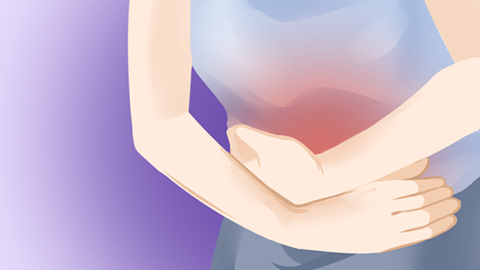Can children with menstrual pain take ibuprofen?
Common formulations of ibuprofen include tablets, capsules, etc. In general, whether children with dysmenorrhea can take ibuprofen depends on the child's specific age, health condition, and severity of symptoms. If there is any discomfort or uncertainty, it is recommended to seek timely medical advice from a professional doctor. The detailed analysis is as follows:

If the child is over 6 years old, has no underlying conditions such as peptic ulcer or asthma, and experiences significant menstrual pain affecting normal study and daily life, ibuprofen may be taken under a doctor's guidance. Ibuprofen works by inhibiting prostaglandin synthesis, thereby reducing pain caused by uterine contractions. When taken at the recommended dose, it can effectively relieve discomfort and is considered relatively safe for short-term use.
If the child is under 6 years old, or has conditions such as gastrointestinal bleeding, abnormal liver or kidney function, or allergy to nonsteroidal anti-inflammatory drugs (NSAIDs), ibuprofen should not be used even if the dysmenorrhea is severe. Taking ibuprofen in these cases may worsen existing medical conditions or cause adverse reactions such as rash or abdominal pain; therefore, alternative and safer methods for symptom relief should be considered.
Before administering ibuprofen to a child, it is essential to consult a doctor to confirm the correct dosage. Do not adjust the dose or use the medication long-term without medical supervision. Monitor the child’s response during treatment; if symptoms such as nausea, vomiting, or rash occur, discontinue the drug immediately and seek medical attention. Additionally, applying heat to the abdomen, maintaining regular sleep patterns, and eating a light, balanced diet may help alleviate menstrual discomfort.







